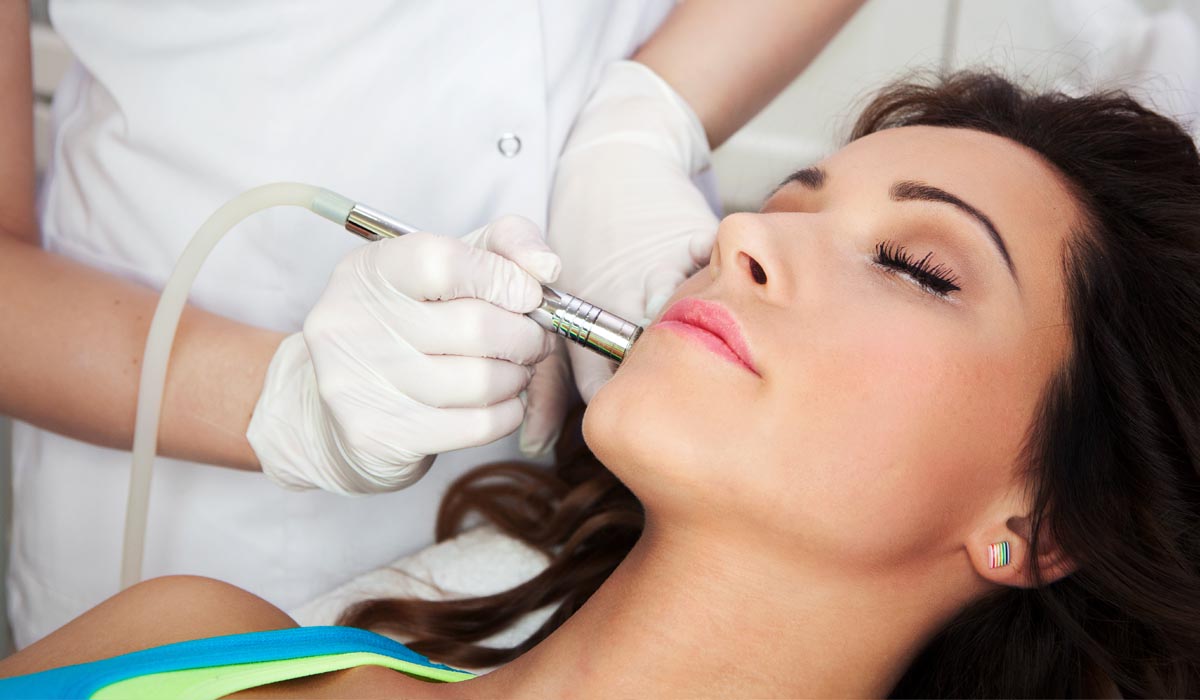✨Book online and enjoy a 5% discount on your first consultation
Home » Plastic Surgery Services » Laser Skin Resurfacing

Laser Skin Resurfacing
Laser resurfacing is a facial revitalization surgery that utilizes a laser to enhance the skin condition or treat blemishes. It extracts the skin layer with accuracy. The new skin cells that develop while healing gives the skin a firmer and young-looking appearance.
Types of laser skin resurfacing:
Possible Causes
The most common cause of fine lines and wrinkles is aging. Sun damage and hormonal imbalances are other reasons.
Risks factors
Laser resurfacing can cause various side effects:
Signs and symptoms
Why laser skin resurfacing? Laser resurfacing can treat the following:
Diagnosis
Your doctor may physically examine the extent of your skin damage with the help of hand-held visual aid.
Treatment Options at 7DMC
Our medical team will examine your medical history and conduct a physical examination. The doctor may treat crinkles encircling your eyes, lips, or temples separately or treat the whole face. Based on your condition, our doctor may perform laser resurfacing as an outpatient treatment. For minor problems, our team will anesthetize the areas and can sedate you. A full-face procedure may take two hours. Puffiness after laser skin resurfacing is common. Our doctor can recommend steroids to treat inflammation on your face. Napping with one more pillow can reduce inflammation.
After the laser surgery, the specialist will wrap the administered regions. Following a day, you should clean the operated areas 4-5 times daily and then apply a cream to forestall crusts from developing.
Following this treatment, avoid unguarded sun exposure for about a year to stop uneven pigmentation.
Anyone with the following conditions must avoid laser surgery:
Required steps before undergoing laser resurfacing:
Within 5 to 7 days after the procedure, your skin becomes dry and starts to peel. Depending on the issues that was treated, healing may take 10 to 21 days. Some patients may have slight redness for 2-3 months.
Near Dubai Miracle Garden,
Diamond Business centre A,
1st Floor,
Arjan, AI Barsha,
Dubai.
WhatsApp us